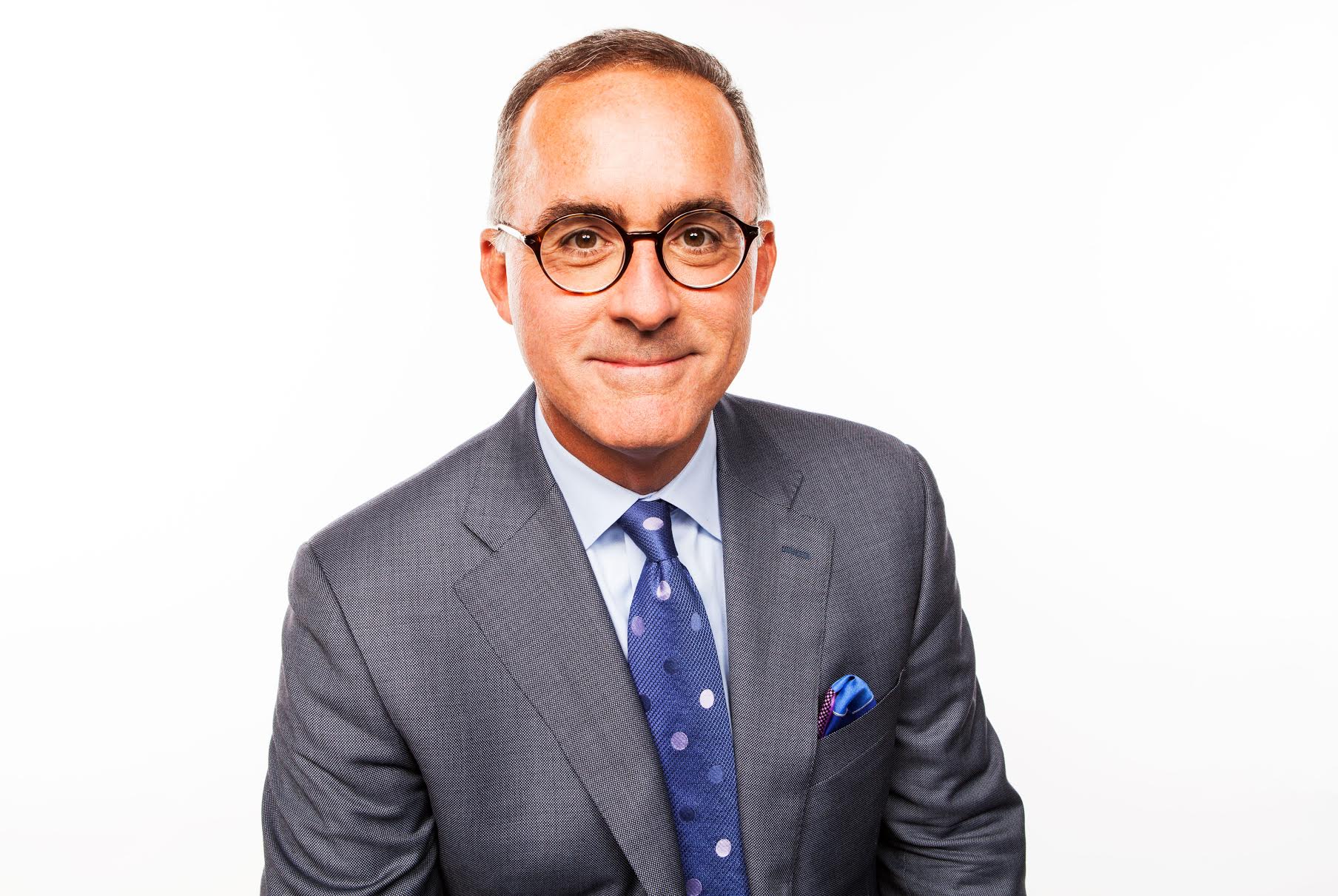When it comes to Purpose and the Bottom Line, Are You Asking Yourself "Where's the Beef?"
By John McNeel in Exclusives, Interviews
September 16, 2015 04:00
One of the burning questions that often confronts the practitioner of purpose is"what's the effect on my bottom line? This fuzzy make-the-world-a-better-place stuff all seems very nice and makes people feel good, but is this really delivering measurable ROI? Is it building sales?"
Or in the words of the little old lady from that immortal Wendy's commercial,"Where's the beef!?"
The answer to the question of whether "soft" values and hard metrics can work hand in hand is a resounding YES. As Jim Stengel declares in the video interview series we're proud to be releasing today, "The data is in. Purpose is the management philosophy of the 21st century."
Former CMO of Procter & Gamble and author of GROW, Jim took on the role of Chairman of in/PACT's International Advisory Board earlier this year. In these interviews, the world's preeminent authority on the purpose-driven brand talks about how in/PACT uses technology to help brands activate their purpose and put it in the hands of the consumer, thus "connecting purpose to purchase."
"in/PACT is the first technology solutions provider that has a robust, scalable and easy to implement platform that allows companies and brands to link acts of buying to acts of giving — solving the old conundrum of how to truly connect doing well and doing good... through a simple concept we call people-empowered giving."

As Jim declares: “Look at what’s happening around the world: the sharing economy, consumers bringing things into their control — we've been talking about it for years, but it’s really happening. Look at the market cap of Airbnb, look at Uber. This phenomenon of people being involved in a brand, directing a brand, and of being a participant in the brand’s mission, is huge. And in/PACT enables that."
Decades ago, while he was still at P&G, Jim was instrumental in helping put the company on the path to purpose as a fundamental driver of business success.
It was grounded in an epiphany he had early in his career when he was still just a lowly assistant brand manager on the peanut butter brand Jif. In a lively anecdote Jim shares in the video series, the rejuvenation of that brand in the marketplace derived from an insight about what Jif Moms really cared about, which then extended into a campaign that allowed consumers to direct contributions to their local schools.
But — to recap the earlier “where's the beef?” question — did it work? Did Jif do better because it was doing good? As Jim writes in his book, "We achieved record market share, gaining two full share points in a market where fractions of a share point had been all but impossible to win without eroding margin. We also attained record profitability, with increases in total profit and profit margin of 143 percent and 110 percent respectively in the first year of our efforts."
In the three interlinked videos you can watch here, Jim articulates the challenges companies face in activating their purpose in a meaningful way, the importance of understanding the values that your stakeholders (employees or customers) have, and how the charitable giving choices people make when empowered to do so by a brand can yield compelling insights into how to better engage with those stakeholders, how to better drive loyalty, brand advocacy and yes, even sales. There's the beef!
"We achieved record market share, gaining two full share points in a market where fractions of a share point had been all but impossible to win without eroding margin. We also attained record profitability, with increases in total profit and profit margin of 143 percent and 110 percent respectively in the first year of our efforts."Today, the philosophy of purpose is going strong, for example, at companies like Unilever — once Jim Stengel’s archenemy when he was still at P&G — and where CEO Paul Polman has resolutely put the packaged goods firm on the road to sustainable growth built around core purpose.
In answer to the niggling “where's the beef” question, once again, when Polman announced the company’s quarterly performance to investors and the financial markets earlier this year, he was able to state unequivocally that the results "demonstrate the progress we're making to transform Unilever into a more resilient company; one that is able to deliver consistent, competitive, profitable and responsible growth.... This is now the seventh year in a row that we're actually delivering that.”
"demonstrate the progress we're making to transform Unilever into a more resilient company; one that is able to deliver consistent, competitive, profitable and responsible growth.... This is now the seventh year in a row that we're actually delivering that.”Please watch our video series -- and enjoy the beef! And to learn more about in/PACT, go here.



